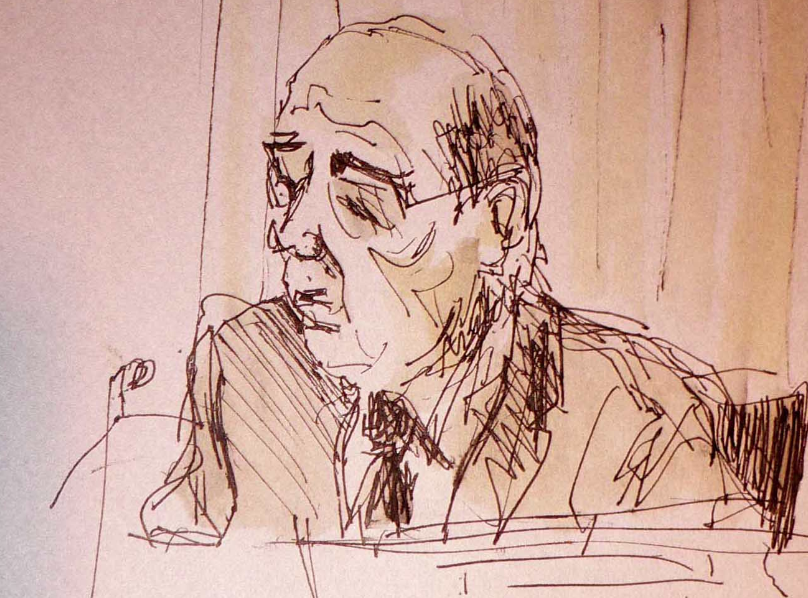Head of criminal justice system calls for greater independence in disclosure to avoid ‘unconscious bias’
The judge at the head of the criminal justice system has warned of the consequences of ‘unconscious bias’ in the justice system. Giving the inaugural Criminal Cases Review Commission annual lecture, Sir Brian Leveson highlighted the disclosure crisis as well as ‘automatic’ belief in victims on the part of police. ‘If you start off with an assumption that something is true, to what extent are you going to consider the converse? Has confirmation bias set in from the start,’ he asked.
Sir Brian spoke of ‘the explosion of reported sexual crime’ and, quoting ACPO policy from 1992 that the purpose of the police was to ‘uphold the law fairly and firmly’, he added: ‘If we are to be fair, must we not start with an open mind?’ he asked.
Sir Brian moved on to make the case for greater independent oversight in the disclosure regime. He noted that the responsibility for disclosure was shared by the investigator; the office in change of the investigation; a disclosure officer; and the prosecutor. The first three were police officers and the disclosure officer might be part of the investigating team. ‘The unconscious bias of expert witnesses who become part of the team which has instructed them is a well-known phenomenon,’ he said. ‘To what extent might, unconsciously, a similar phenomenon have an effect on the role played by the disclosure officer?’
Sir Brian continued that the UK ‘might be able to learn from continental approaches’ . ‘It might suggest that where an independent assessment of unused material, for serious offences – a proportionate approach then is needed, should we require the CPS to take a greater role in its scrutiny and disclosure with identified police officers responsible for verifying that everything has been disclosed to the prosecutor with sanctions for failure?’
Sir Brian also spoke about the implications of austerity on the Crown Prosecution Service. ‘In 2011 its budget had stood at £615 million and it reduced in amount each year until 2016,’ he said. Technology ‘can and does continue to improve the way we work and it does lead to savings’, he said. ‘If, however, it means that there will be fewer lawyers and fewer paralegals, it is inevitable that less time will be spent on each case.’
Meanwhile the BBC reported that a VAT fraud trial collapsed with Judge Robert Trevor-Jones blaming ‘systematic failures’ in the disclosure regime. ‘I accept that the failure here can properly be described as negligent, but it was negligence to a lamentable degree,’ he said. ‘It is indicative of a more systemic failure going beyond the omissions of just one officer. The competence, even credibility, of the investigative team has clearly been tainted.’
From our perspective, the potential difficulties are apparent looking at the disclosure process. Effective review of the schedule of undisclosed material is labour intensive. It takes time and money to carry it out effectively.
Sir Brian Leveson
The judge also spoke about new Law Society research that found that the average age of criminal duty solicitors was 47 year and, in many areas, over-50. ‘Furthermore, many chambers have not taken on new tenants to undertake criminal work. Funding is at the core,’ He said that he would not comment on ‘present issues between the profession and the Ministry of Justice’ (i.e., the Bar’s direct action and the Law Society judicial review) other than to say ‘if we are to maintain quality standards now and in the future, it is critical that this work must both be seen to be, and must actually be, an attractive career option for practitioners entering the legal profession’. ‘More than that, if we are to maintain the high quality of our criminal judiciary in the future we need to ensure that high quality solicitors and junior criminal practitioners continue both to enter this area of practice and to stay within it,’ Sir Brian continued. ‘Any failure to act to reverse this situation today, will have long term and detrimental consequences for the pursuit of quality criminal justice in the future and will inevitably impact on the work of the CCRC as failures in the system are exposed, far too late.’







